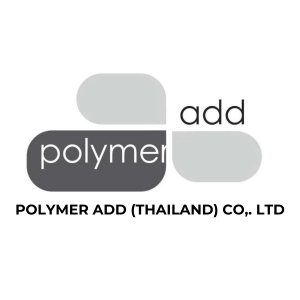Micronized EVA (ethylene-vinyl acetate) resin is particularly valuable in the agricultural sector, especially in the production of agricultural films. These films are used to cover soil or greenhouses to enhance crop growth and protection. The inclusion of micronized EVA in these films offers several benefits that improve their performance and durability. Here are the primary advantages and uses of micronized EVA in agricultural films:
Improved Physical Properties
Adding micronized EVA to agricultural films enhances their flexibility and toughness, which is crucial in environments where the film needs to withstand mechanical stress and variable weather conditions without tearing or degrading.
Enhanced Clarity and Light Transmission
For films used in greenhouses, clarity is crucial as it affects the amount of light that reaches the plants. Micronized EVA can help increase the transparency of the films, promoting better light transmission and thus benefiting plant growth and development.
UV Resistance
EVA naturally has good resistance to UV degradation. When used in micronized form, it can be more evenly distributed within the polymer matrix of the film, enhancing the film’s overall resistance to the harmful effects of sunlight. This prolongs the life of the film by preventing brittleness and colour changes.
Thermal Insulation
EVA helps in improving the thermal insulation properties of agricultural films. This is particularly important for films used to cover greenhouses or in mulching, as it helps maintain more stable soil and air temperatures, facilitating extended growing seasons.
Pest and Disease Control
– Films containing micronized EVA can be engineered to improve barrier properties against pests and diseases. This can reduce the need for chemical treatments, promoting a more sustainable agricultural practice.
Ease of Processing
The micronized form of EVA allows for better mixing and processing with other components of agricultural films. This results in more uniform films with consistent properties throughout, which is important for large-scale applications where mechanical properties must be uniform.
Drip Control
For greenhouse films, the addition of micronized EVA can help manage condensation formation inside the structure. Proper formulations can lead to films that control drip, thereby reducing the risk of plant diseases associated with excess moisture.
